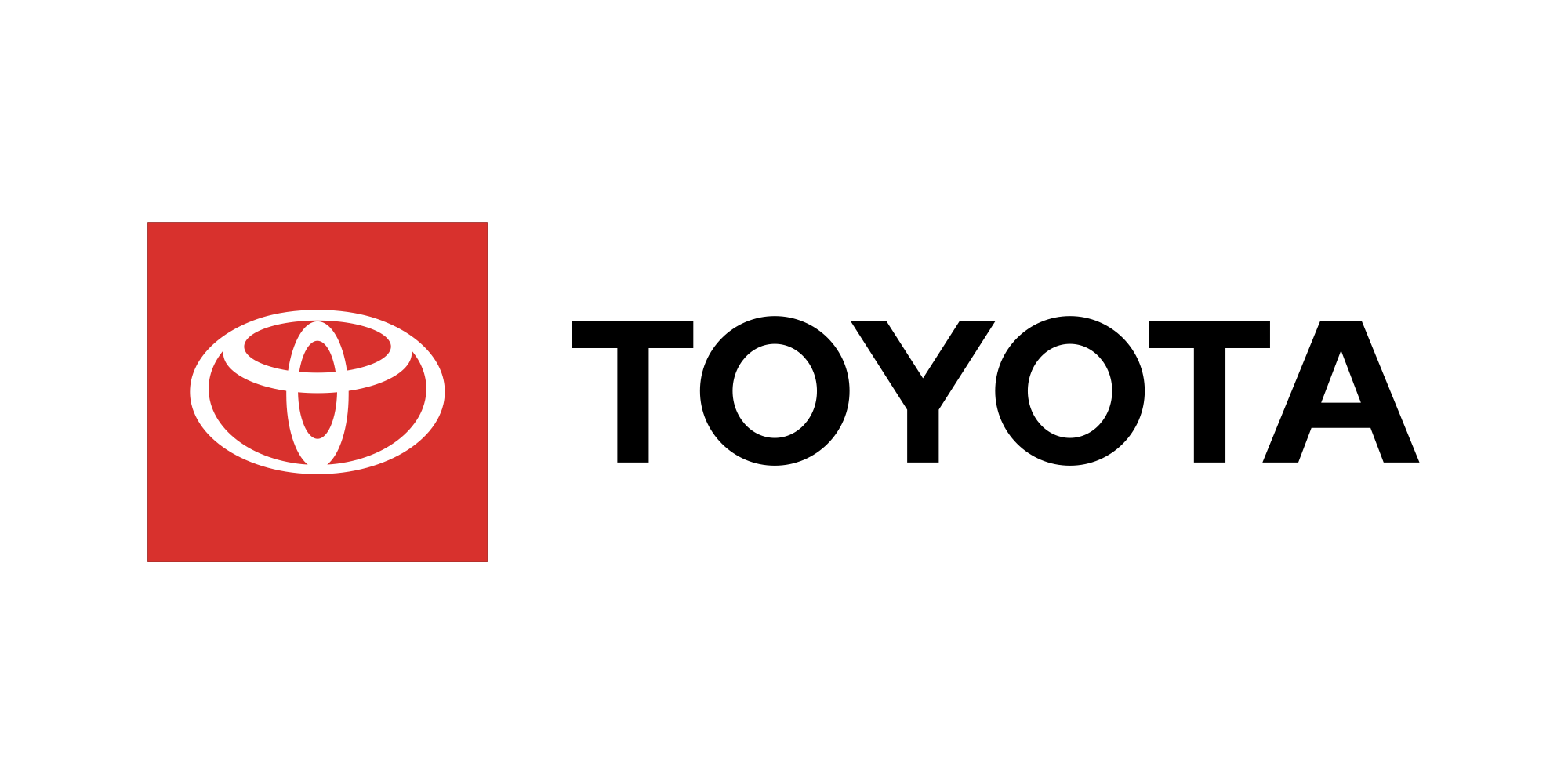
Using AI and NLP to Improve Lead-to-Customer Matching for Toyota Canada
By leveraging artificial intelligence and natural language processing (NLP), CVM improved match accuracy by over 20%, giving Toyota deeper insight into marketing performance and ROI.
Problem
Toyota Canada’s marketing team needed to understand how leads generated through campaigns translated into real sales. However, matching lead records to customer profiles was difficult due to:
- Missing or incomplete identifiers like email addresses or phone numbers
- Free-text fields with inconsistent spelling, abbreviations, or nicknames
- Data spread across siloed systems with differing standards and formats
Traditional rule-based matching approaches failed to account for linguistic variation, leading to inaccurate or missed matches and unreliable campaign performance metrics.
Solution
CVM developed an AI-powered record linkage system that applied both machine learning and natural language processing to infer likely matches—even when direct identifiers were unavailable.
Key elements of the solution included:
-
NLP-Based Name and Address Matching
Used NLP techniques to analyze and normalize variations in names (e.g., “Jon” vs. “Jonathan”) and addresses (e.g., “St.” vs. “Street”), improving fuzzy matching accuracy. -
Multi-Signal Machine Learning Model
Trained models on diverse data points—textual and structured—including postal codes, VIN numbers, inquiry history, and behavioral signals, to predict customer matches with high confidence. -
Data Standardization and Entity Resolution
Cleaned and harmonized input data using AI-driven preprocessing to ensure consistent formatting across datasets before matching. -
Feedback-Driven Optimization
Deployed the solution incrementally, using human-in-the-loop feedback from marketing and privacy teams to fine-tune matching thresholds and false positive rates. -
Privacy-Centric Design
Ensured full compliance with Canadian privacy laws by avoiding direct linkage of sensitive identifiers and using pseudonymized data wherever possible.
The solution was implemented using Python-based machine learning frameworks and integrated seamlessly into Toyota’s existing Microsoft-based marketing infrastructure.
Impact
-
+20% Increase in Match Accuracy
AI-powered matching delivered a 20% improvement over existing methods, enabling more precise attribution of leads to sales. -
Improved Marketing ROI Tracking
With better match rates, Toyota gained a clearer picture of which campaigns and channels drove real business results. -
Stronger Stakeholder Confidence
Marketing and analytics teams had greater trust in reporting accuracy, driving faster and better-informed decisions. -
Built-In Compliance
By integrating privacy by design principles, the solution aligned with Toyota’s internal data governance standards and Canadian regulatory expectations.
Key Takeaways
- AI Unlocks Hidden Connections: NLP and machine learning can uncover relationships in noisy, incomplete data that traditional methods miss.
- Contextual Matching Outperforms Rules: Language-aware matching models outperform rigid logic in real-world data environments.
- Ethical AI Builds Trust: Embedding privacy and transparency into AI systems is essential for stakeholder adoption and long-term sustainability.